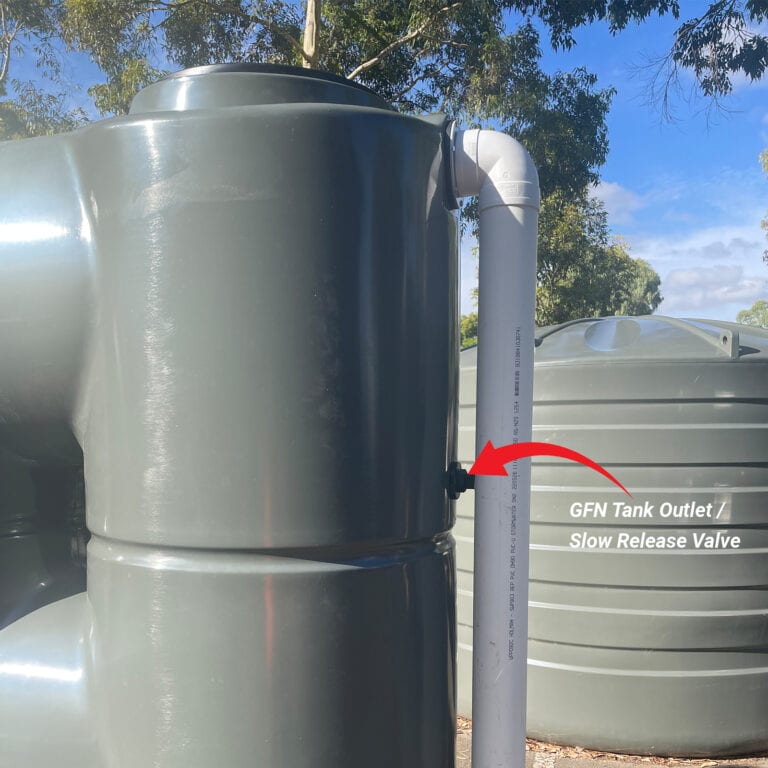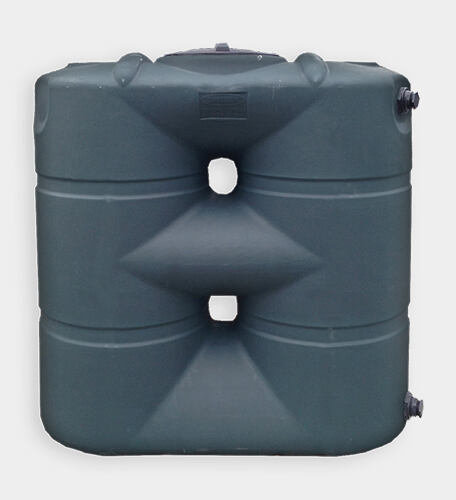Slimline Water Tanks: The Perfect Choice for Urban Water Storage Space
Slimline Water Tanks: The Perfect Choice for Urban Water Storage Space
Blog Article
Discovering the Numerous Uses of Rain Storage Tanks for Residential and Commercial Qualities
As the worldwide concentrate on sustainable living methods remains to escalate, the use of rain tanks in both residential and industrial settings has actually emerged as a significant solution. These storage tanks use a reservoir for rain harvesting, presenting a myriad of potential applications that extend far beyond plain storage. From watering to commode flushing and landscape design, the adaptability of rainwater containers is substantial. Moreover, their integration into commercial residential properties opens up a world of possibilities for ecologically conscious businesses. The complex uses rain storage tanks provide an engaging case for their adoption, not just as a sensible water-saving step but also as a testimony to accountable resource management.
Benefits of Using Rainwater Storage Tanks
Utilizing rain storage tanks provides numerous benefits for both households and areas in regards to water preservation and sustainability. One of the key benefits of using rain containers is the substantial reduction in dependence on keys water supply - Slimline water tanks. By catching and keeping rainwater for later use, individuals and areas can lower their demand for treated water, inevitably relieving the problem on water therapy facilities and decreasing energy consumption related to water transport and therapy
Moreover, rain harvesting via storage tanks supplies a trustworthy alternate water resource throughout times of water constraints or shortages. This kept rain can be utilized for numerous non-potable objectives such as watering, purging commodes, and washing clothes, decreasing the strain on traditional water resources. Additionally, using rain tanks can cause cost financial savings for both homes and areas by lowering water expenses and lowering the need for pricey framework developments to satisfy growing water demands.
Basically, the utilization of rainwater tanks supplies a sustainable and eco-friendly technique to water administration, benefiting both specific customers and the wider neighborhood in regards to water preservation, cost-efficiency, and resilience.
Rainwater Container Usage in Watering
Provided the benefits of rainwater storage tanks in saving water sources and minimizing dependence on keys water, a significant application depends on making use of saved rainwater for irrigation purposes - Slimline water tanks. Rainwater harvesting systems can properly accumulate and save rain, supplying a sustainable water resource for watering yards, lawns, and farming fields. By utilizing rainwater for watering, home owners can lower click this site their reliance on treated water sources, resulting in set you back savings and ecological benefits

Among the key advantages of utilizing rainwater for irrigation is its pureness. Rainwater is normally soft and without the chemicals and ingredients often located in mains water, making it excellent for nourishing plants without the threat of dangerous results. Furthermore, rain is at ambient temperature, which can benefit plant growth by staying clear of temperature shocks that can accompany cold mains water.
Rainwater Tanks for Bathroom Flushing

Carrying out rainwater containers for toilet flushing is an economical and eco-friendly technique that can be easily integrated into both property and commercial homes. The stored rainwater can be made use of to purge commodes by linking the tank to the existing pipes system. This simple yet efficient solution can significantly reduce water consumption in a building, particularly in locations where water deficiency is a worry.

Including Rain Tanks in Landscape Design
These tanks can record visit this site right here and store rain drainage from roof coverings, which can then be used for watering gardens, yards, and plants. By utilizing rain for irrigation purposes, residential property owners can minimize their reliance on metropolitan water resources, leading to set you back financial savings and preservation of valuable water resources.
In addition to offering a sustainable water resource for landscaping demands, rainwater containers can additionally help in handling stormwater drainage. By catching rainwater that would certainly otherwise move into tornado drains, these tanks can reduce erosion, decrease flooding dangers, and prevent contamination of all-natural water bodies. Moreover, integrating rainwater containers in landscaping can add to the total aesthetic allure of the property, showcasing a dedication to environmental stewardship.
Business Applications of Rainwater Containers
Using rainwater tanks in industrial setups offers a lasting remedy for water monitoring and preservation, profiting organizations and the atmosphere alike. One essential commercial use is for irrigation purposes, where collected rain can be made use of to water landscaping, yards, and farming fields bordering business buildings.
In addition, rainwater accumulated in tanks can be treated and used for non-potable purposes within industrial homes, such as flushing commodes, cleaning, and cooling down systems. In general, the consolidation of rain storage tanks in industrial setups offers a sensible and environmentally accountable approach to water administration.
Final Thought
From irrigation to commode flushing and landscaping, the usage of rainwater storage tanks can assist conserve water resources and decrease water bills. In general, the convenience and sustainability of rainwater tanks make them a valuable investment for any home owner looking to boost water efficiency.
Report this page